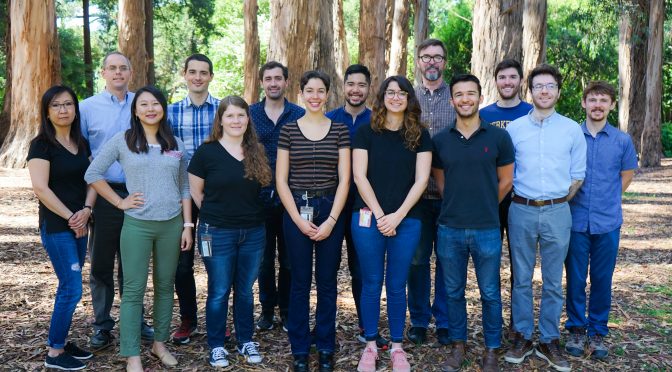Tuberculosis has been a major global health concern for well over a century. Although many potential treatments have been vigorously pursued, conventional strategies have failed to eradicate TB infection and, in fact, the global threat has grown over the last couple decades, potentially stemming from the fact that treatment attempts have neglected to take into account the deeply integrated, symbiotic-like relationship between Mycobacterium tuberculosis and its host that has developed over 40,000 years of human/bacterial co-evolution. The Cox Lab aims to understand the key mechanisms that dictate the M. tuberculosis-human relationship with the goal of breaking these ties, targeting either host or pathogen factors to eliminate M. tuberculosis infection and use that knowledge to contribute to solving a steadily increasing threat in global health. In particular, while current vaccine strategies aimed at promoting specific immune responses (e.g. T-cells and cytokines) to various M. tuberculosis antigens have failed, we believe that promoting innate responses of host cell macrophages (the cell type where M. tuberculosis grows) represents an unconventional strategy to block bacterial infection. Using quantitative cell-mapping technologies including CRISPR, genetics, and mass spectrometry-based proteomics, the Cox Lab has found that macrophages can discriminate virulent from non-virulent M. tuberculosis at the earliest stages of infection. These changes play fundamental roles in shaping the innate responses to infection and can work to restrict bacterial growth in dramatic fashion. This avenue of research represents a vast area for new biological discovery and we seek to understand the function and mechanism of the pathways elicited, to identify pathogen strategies for averting these effects, and to harness this powerful anti-infection system for therapeutic purposes.
Current Projects:
- Identification of novel tuberculosis virulence factors
- DMXAA as potential therapeutic enhancer for existing tuberculosis antibiotics
